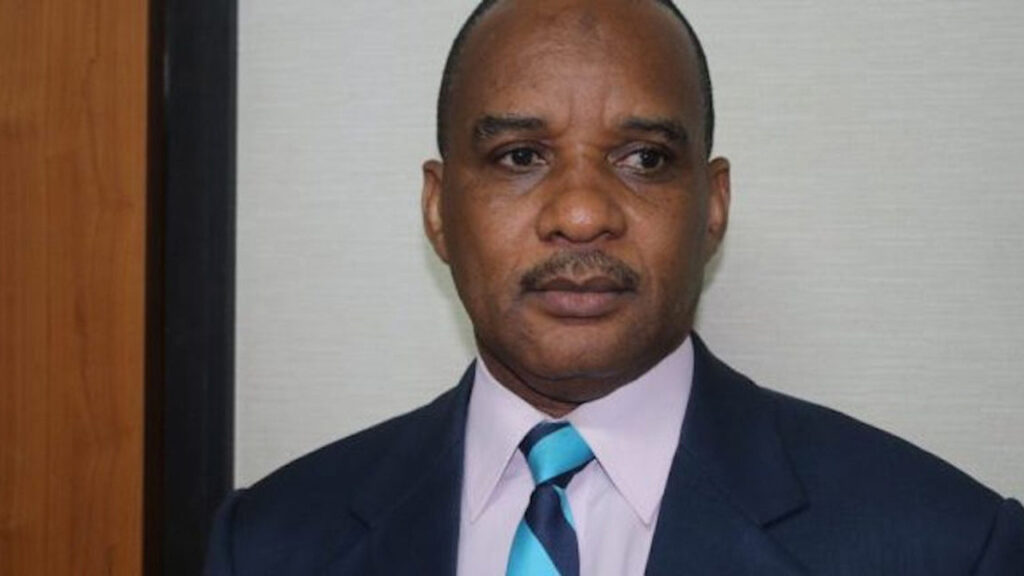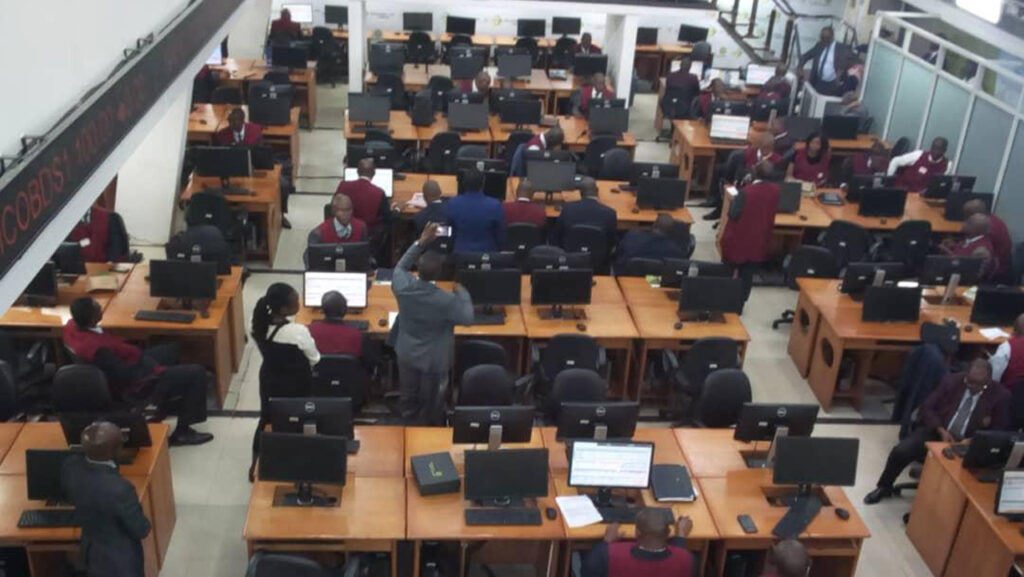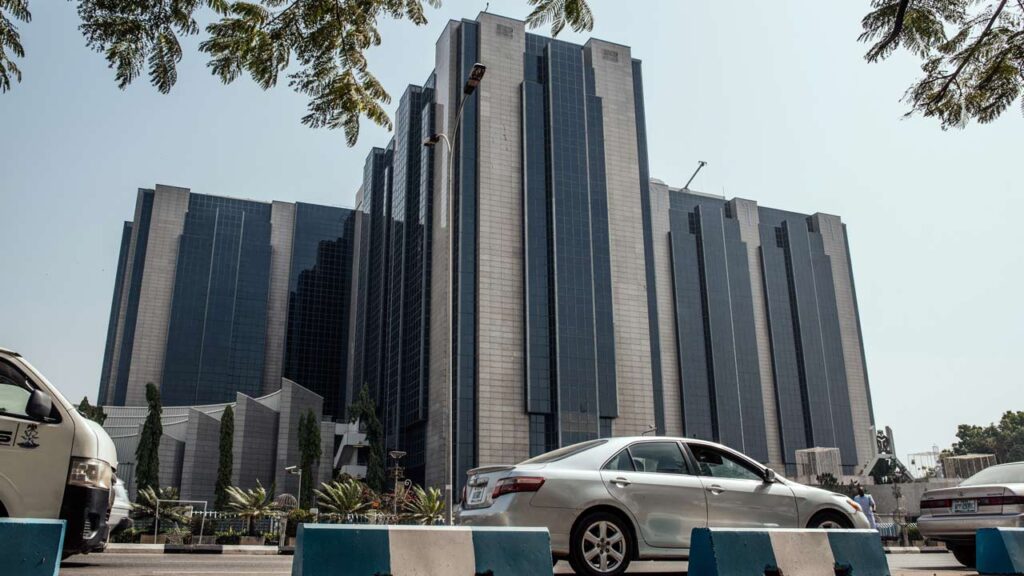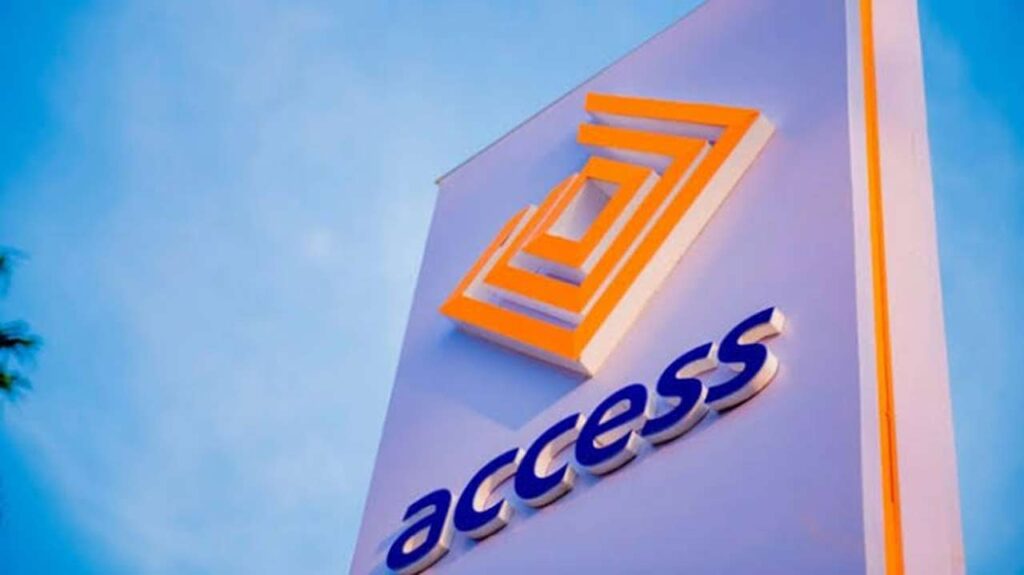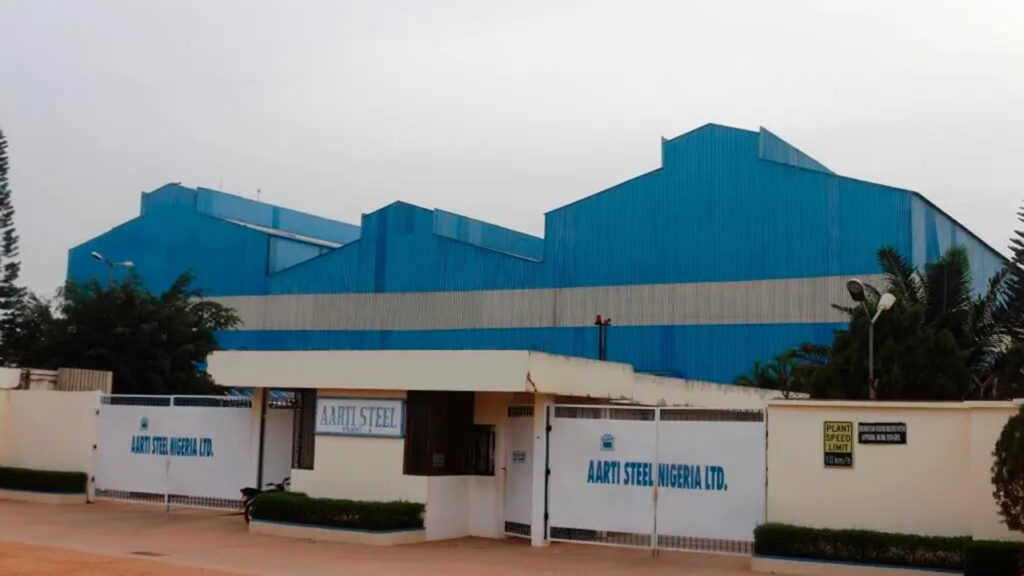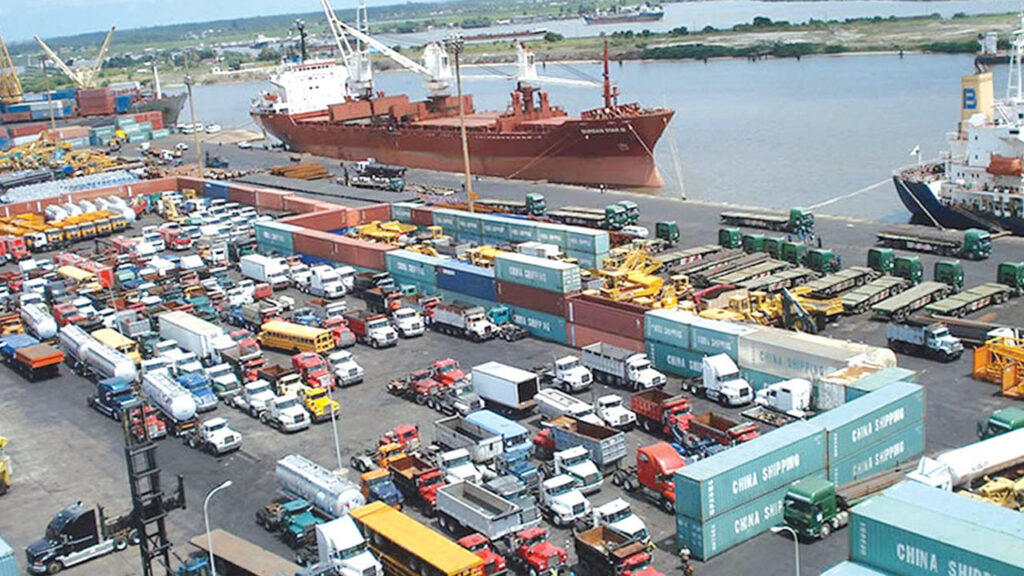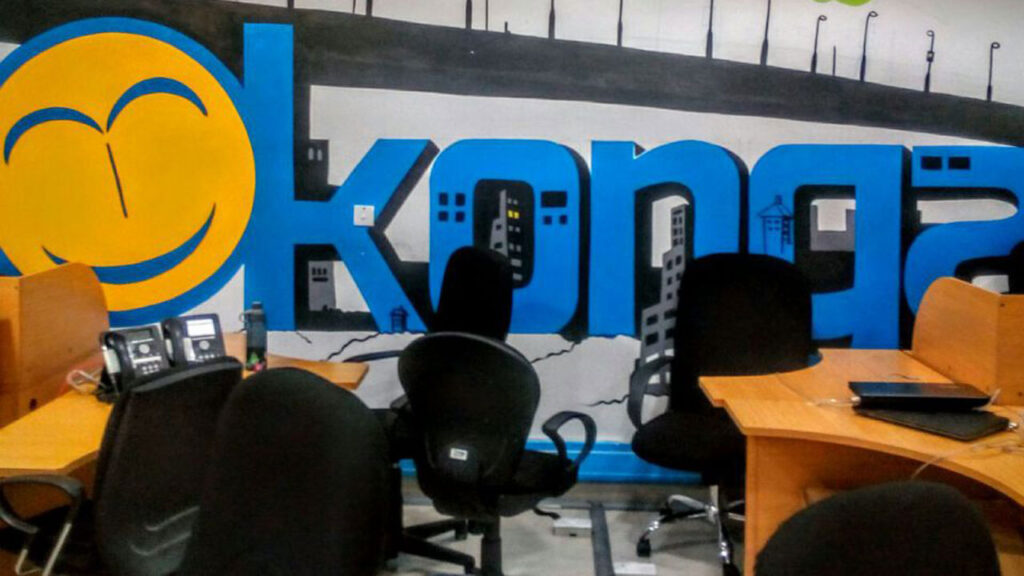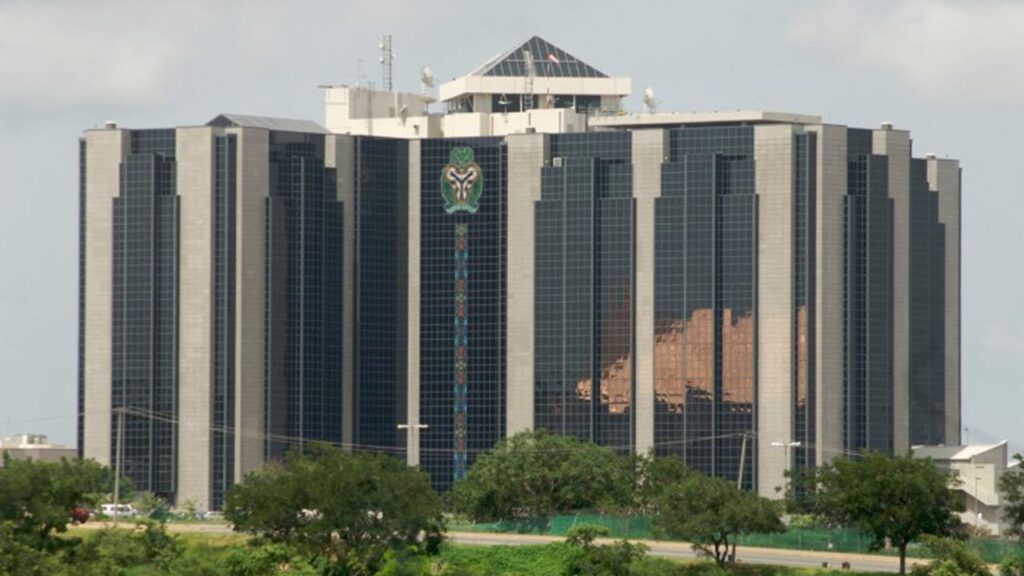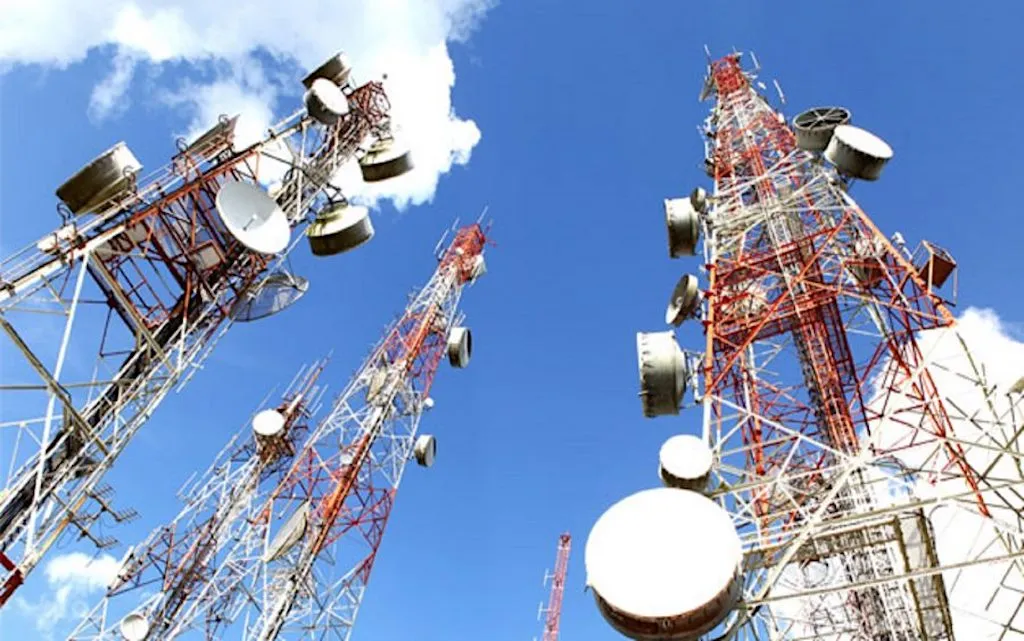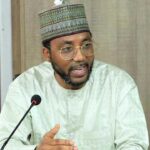
The maritime industry is a goldmine. However, in Nigeria, it is a goldmine that has remained largely untapped because, to a large extent, an integral part of the industry – shipping development – has been dogged by challenges over a long time. No country can hope to participate and derive full economic benefits from the maritime sector without strong footing in shipping development. In fact, shipping development is a major determinant of a country’s strength in the maritime sector. This is what has made a country like South Korea one of the biggest players in the world’s maritime industry.
Shipping development is a tripod that rests on three legs. The first leg of the tripod is fleet expansion. This has to do with indigenous ownership of vessels. The question that should come to mind when considering fleet ownership in Nigeria is whether it has been on the increase, or has been declining over a certain period. When the current administration at the Nigerian Maritime Administration and Safety Agency (NIMASA) came into office, it studied fleet ownership in Nigeria over the previous five years. It sought to know if fleet ownership in the country increased over the period, or there was actually a decrease.
The findings of the study showed that there had been a steady decline in fleet ownership over the period it covered. This could be attributed to factors that include the country’s economic situation, lack of incentives for fleet ownership and non-disbursement from the Cabotage Vessel Financing Fund (CVFF).
Early last year, the Honourable Minister for Transportation, Mr. Chibuike Amaechi, inaugurated a committee to review the cabotage guidelines that were put in place as far back as 2003/2004, but were never implemented. As would probably be expected, most of the guidelines had become obsolete. The committee’s mandate was basically to review and submit the amended guidelines to the Honourable Minister for onward transmission to the National Assembly to commence the process that would lead to disbursement from the CVFF.
The committee had since completed its assignment. It is evident that progress on the guidelines has been slowed down by the Coronavirus pandemic that has affected many of the government’s plans, programmes and projects. As soon as the process is completed the primary lending institutions would begin to disburse the funds to beneficiaries. NIMASA has continued to work tirelessly towards this realization and I am optimistic they will bear fruit in 2021.
The second leg of shipping development is ship repairs. To jump start this activity, NIMASA bought a multi-million dollar modular floating dock over a year ago, but the initial challenge had been where to locate it. As a way out of the challenge, the agency entered into an agreement with the Nigerian Ports Authority (NPA) for use of its continental shipping yard that was being used for its floating dock. The agreement involves NPA as owners of the facility, a partner to manage the floating dock and NIMASA as the owner of the dock. Nigerians can expect that with the support of the Federal Ministry of Transportation, the nation as a whole and the shipping community in particular can expect to soon begin reaping the dividends of this significant maritime investment.
The benefits of the floating dock to the Nigerian maritime sector and the national economy are legion. The project which will create a wonderful opportunity for the training of seafarers, will also lead to massive creation of jobs. Needless to say, the project is a huge revenue earner for the country. To ensure that the envisioned benefits are derived from the project, NIMASA has an understanding with oil companies that own vessels to use the modular floating dock for dry docking.
The third leg of the shipping development tripod is ship building. We have conducted a study of ship builders in Nigeria. In the course of the study, we have tried to find out the number of ship builders we have in Nigeria, their capacity, etc. There are several shipyards, and some are operating at very low capacity. We asked questions. Are they operating at low capacity because of challenges that may be connected with unavailability of resources, like finance? Do they have access to spare parts for maintenance? These are the things that would enable a proper understanding of the true state of ship building in the country. We will know the right action to take with regard to ship building when we get the answers to these questions.
The point must be made that financing is central to shipping development in Nigeria, as indeed it is in other parts of the world. It is important that ship builders have access to finance. The government can come in with incentives to ship builders, by way of intervention, especially during this pandemic. We have seen such interventions in the aviation and agricultural sectors. I believe that government will extend the intervention to the maritime sector when the financing gap is properly dimensioned. NIMASA is also working hard at ensuring that ship builders have access to finance and other categories of fiscal incentives to strengthen the operational sustainability of the sector.
A major challenge prospective Nigerian ship owners face is customs duty on vessels. This is arguably the biggest obstacle to ownership of vessels in the country. Interestingly, however, NIMASA is striving hard to ensuring that this issue which has proved to be very thorny is ameliorated. Given the multiplier effect of ownership of vessels by Nigerians, it will not be a bad idea for government to give waivers to people who wish and are capable of buying ships.
With continuous decline in oil revenue, and against the backdrop of government’s efforts at diversifying the economy, maritime is one sector that has the potential to become the country’s cash cow. Again, a fully developed and vibrant shipping industry can reduce quite substantially the queue in the country’s labour market, because of the hundreds of thousands of jobs it can create. All that is required to kick start the drive to make the maritime sector realise its full potential is adequate funding of activities in the sector.
• Dr. Jamoh is the Director-General of NIMASA. He can be reached at bashir@bashirjamoh.com. Twitter: @JamohBashir. #Thevoiceofmaritime.

